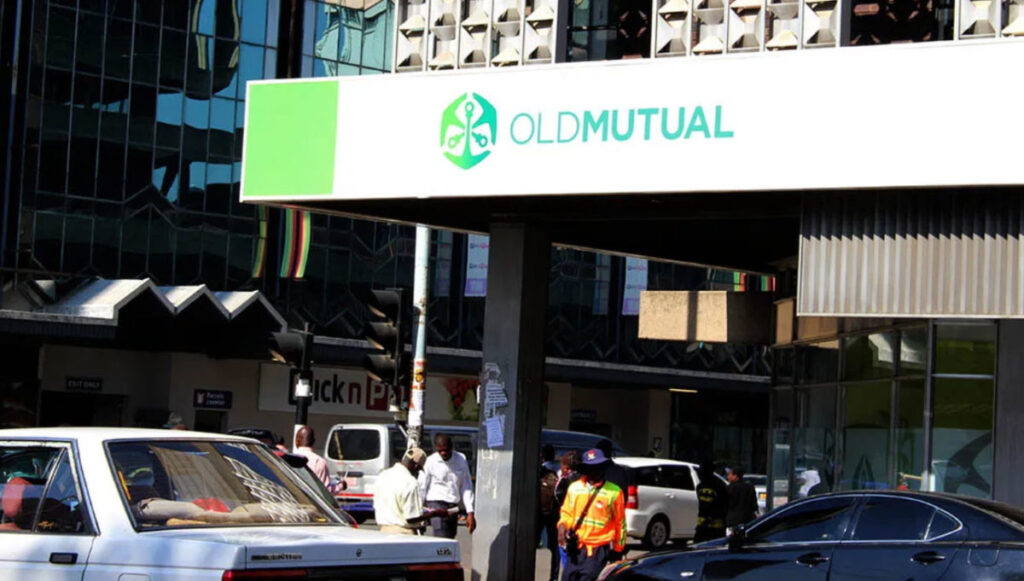Old Mutual Ltd. is considering a proposal to allow Zimbabwean shareholders to sell their suspended shares. This plan could offer relief to investors who have been unable to trade their stock for four years.
Under the proposal, Zimbabwean shareholders would get a one-time opportunity to sell their shares on the Johannesburg Stock Exchange. Shelton Sibanda, chairman of the Fund Managers Association of Zimbabwe, shared this information, emphasizing the potential benefits for local investors.
Background of the Suspension
Authorities froze Old Mutual shares in June 2020, citing their role in exacerbating a local currency crisis. Businesses used the insurer’s cross-listings in London, Johannesburg, and Harare to gauge the true cost of goods and services amid rampant inflation and a plummeting Zimbabwean dollar.
In April, Zimbabwean authorities approached Old Mutual with the share-sale plan.
Old Mutual’s Response
Old Mutual, Africa’s largest insurer by assets, is working with authorities to clarify the proposal’s practical aspects. The company aims to ensure a commercially viable outcome that respects Zimbabwean shareholders’ interests.
Old Mutual has approximately 30,000 shareholders in Zimbabwe, including pension funds, property companies, banks, and retail investors.
Beyond insurance, the company offers banking services through the Central African Building Society Ltd. and is a significant property owner in Zimbabwe.
The Mechanics of the Sale
According to Sibanda, the Zimbabwean Old Mutual shares would be transferred to the Johannesburg-traded register, with funds from the sale repatriated according to exchange-control rules. While acknowledging that the plan is not perfect, Sibanda noted it as a compromise to help struggling pensioners.
Official Responses and Historical Context
Zimbabwe’s Secretary for Finance and Economic Development, George Guvamatanga, has not commented on the proposal. The currency crisis peaked four years ago when authorities blamed Old Mutual share trading for destabilizing the Zimbabwean dollar. Businesses used the “Old Mutual Implied Rate” (OMIR), derived from the Harare share price relative to foreign stock exchanges, for transactions.
Old Mutual’s Market Performance
Despite the challenges, Old Mutual has always denied any wrongdoing. Its shares traded 1.3% higher by 1:33 p.m. in Johannesburg on Friday, although they have declined 6.1% this year compared to a 4.7% gain in South Africa’s main equity index.
Current State of Old Mutual Shares
Once a highly sought-after security on the Zimbabwe Stock Exchange, Old Mutual shares have lost their value due to the suspension. Lloyd Mlotshwa, head of research at Harare brokerage IH Securities, described them as “dead capital” for holders, expressing the frustration of investors unable to unlock any value.
Old Mutual’s proposed exit plan for frozen Zimbabwean shares could provide much-needed relief for local investors. While not an ideal solution, it represents a significant step toward addressing the financial challenges faced by Zimbabwean shareholders.
